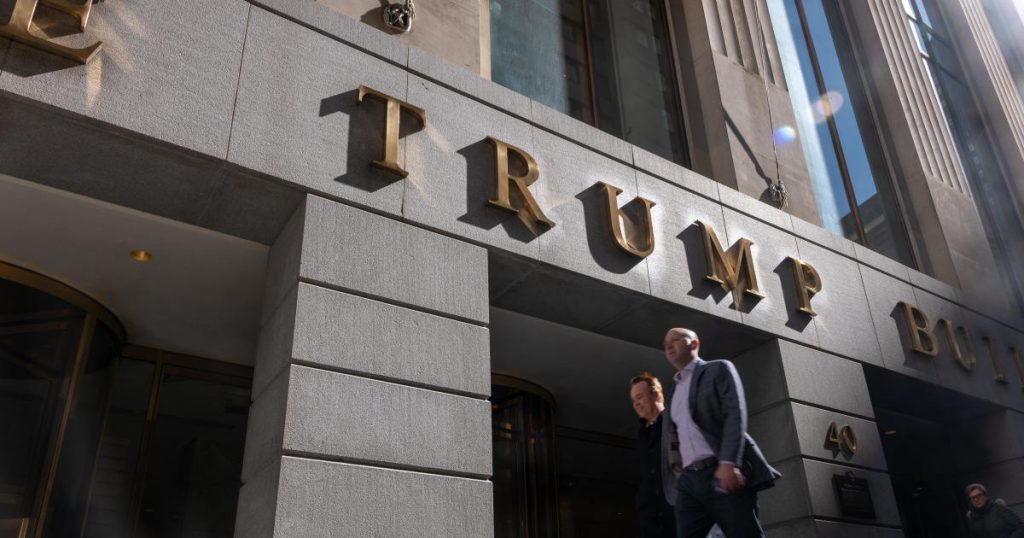Former President Donald Trump and his co-defendants in a New York civil fraud case have posted a $175 million bond to avoid the enforcement of a $464 million judgment against them. The judgment was issued by a judge who found that Trump had engaged in a years-long fraud scheme that targeted banks and insurers, resulting in him gaining hundreds of millions of dollars. Trump was required to post the bond pending his appeal in order to avoid the seizure of his property or assets. Trump’s attorney, Alina Habba, stated that the payment was made as promised and that Trump looks forward to vindicating his rights on appeal.
The bond amount was lowered from $464 million to $175 million by an appellate court on March 25, after Trump missed a grace period deadline set by the New York Attorney General, Letitia James, who brought the case against him. James had indicated that her office would pursue Trump’s assets if he failed to post the bond, stating in a February interview that they would seek judgment enforcement mechanisms to seize his assets if necessary. Trump’s attorneys had previously argued that it was practically impossible for them to secure the original bond amount, as over 30 surety companies had turned them down. They explained that bonding companies usually require collateral up to 120% of the bond amount, which would have driven the total amount needed to over $500 million.
In a filing on March 18, the Trump Organization listed more than 30 companies they had approached for the larger bond, all of which declined. The company that ultimately provided the $175 million bond, Knight Specialty Insurance Company, was not included in that list. This development comes after weeks of uncertainty and legal battles for Trump to secure the bond and avoid potential seizure of his assets. Trump’s legal team remains committed to pursuing the appeal and overturning the judgment against him, with hopes of clearing his name in the ongoing civil fraud case.
The case against Trump stems from allegations of a fraud scheme where he reportedly gained hundreds of millions of dollars by deceiving banks and insurers over a period of several years. The judgment against him marked a significant legal setback for the former president, who has faced multiple lawsuits and investigations since leaving office. The $175 million bond payment allows Trump and his co-defendants to continue their legal fight through the appeals process, with hopes of overturning the unfavorable verdict and clearing their names of any wrongdoing.
The involvement of the New York Attorney General’s office and the court’s decision to lower the bond amount highlight the complex legal issues at play in this high-profile case. As Trump and his legal team prepare for the appeal, they will need to navigate the challenges of securing legal representation, presenting their case to the appellate court, and potentially facing further legal action if the judgment is upheld. The outcome of the appeal will have significant implications for Trump’s reputation and financial standing, as well as the broader implications for the legal system and the pursuit of justice in cases of fraud and financial misconduct.


